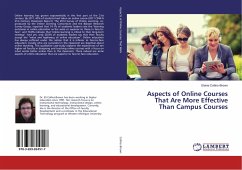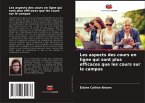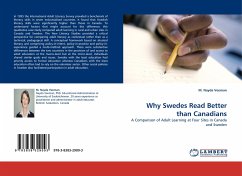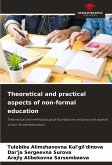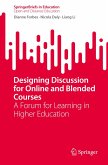Online learning has grown exponentially in the first part of the 21st century. By 2011, 65% of students had taken an online course (2011 CDW-G 21st Century Classroom Report). The 2014 Survey of Online Learning, co-produced by the Online Learning Consortium and the Babson Research Survey Group, reported that 74.1% of academic leaders rate the "learning outcomes in online education as the same or superior to those in face-to-face", and 70.8% indicate that "online learning is critical to their long-term strategy". And yet, only 28.0% of academic leaders say that their faculty accept the "value and legitimacy of online education". Online education has always suffered under the notion that it is inferior to face-to-face education. Faculty who are successful in the classroom are skeptical about online teaching. This qualitative case-study explores the experiences of ten higher ed faculty in designing and teaching online courses with a focus on what works better online than in the classroom. There indeed are some aspects of online education that are superior to face-to-face education.
Bitte wählen Sie Ihr Anliegen aus.
Rechnungen
Retourenschein anfordern
Bestellstatus
Storno

